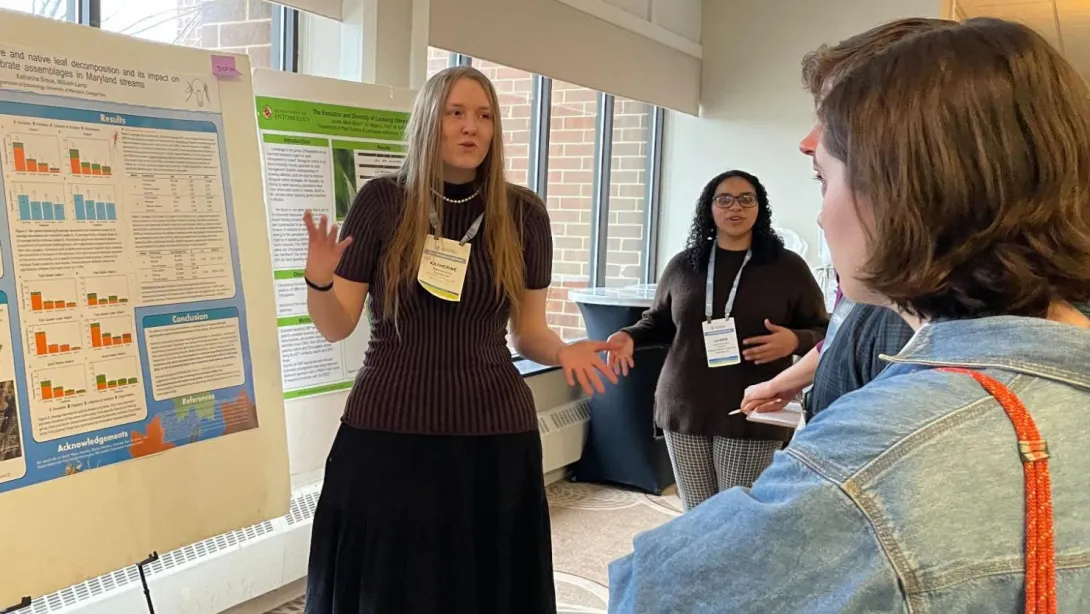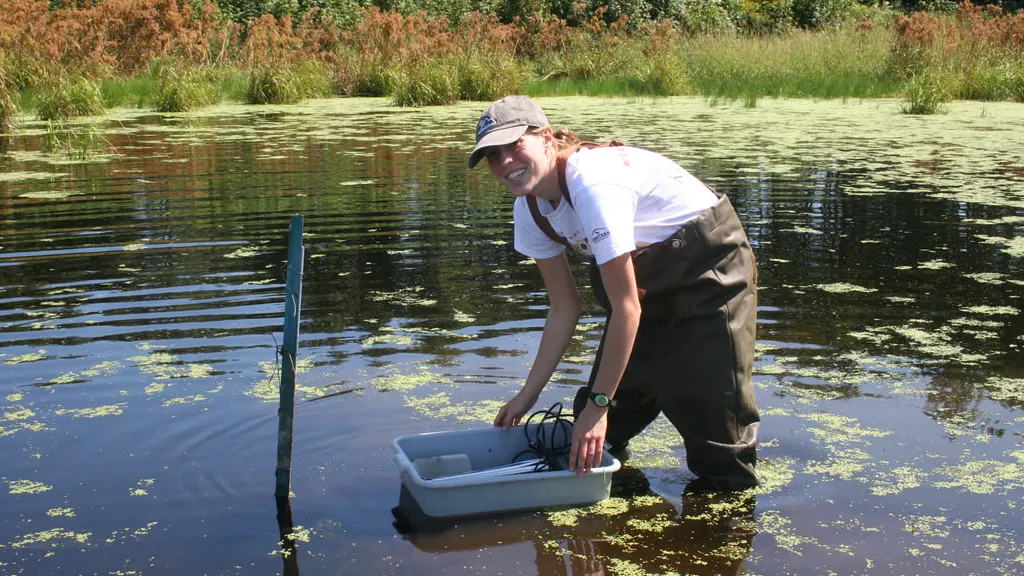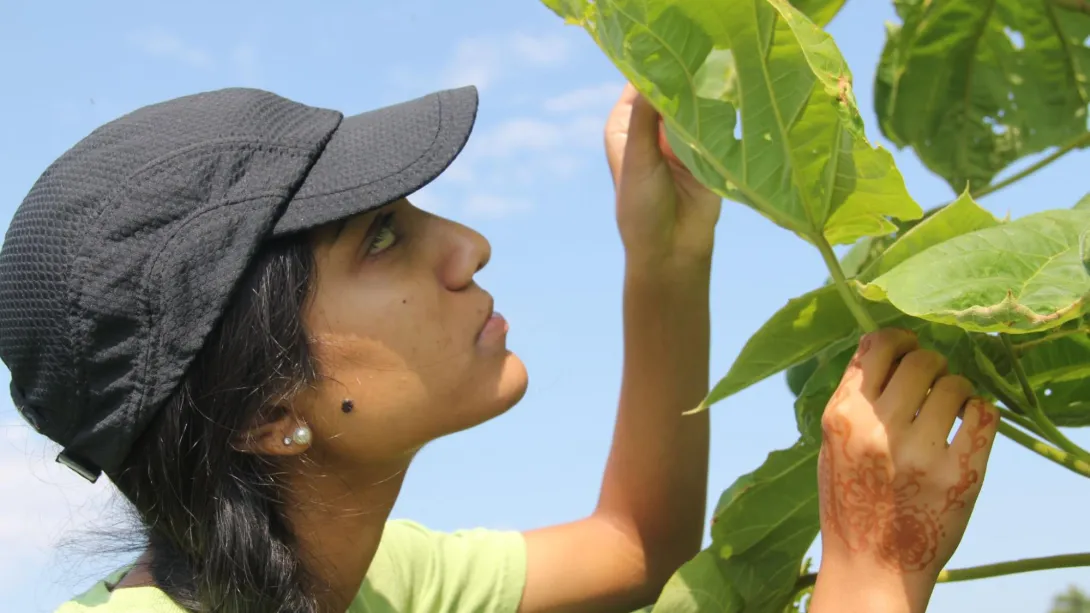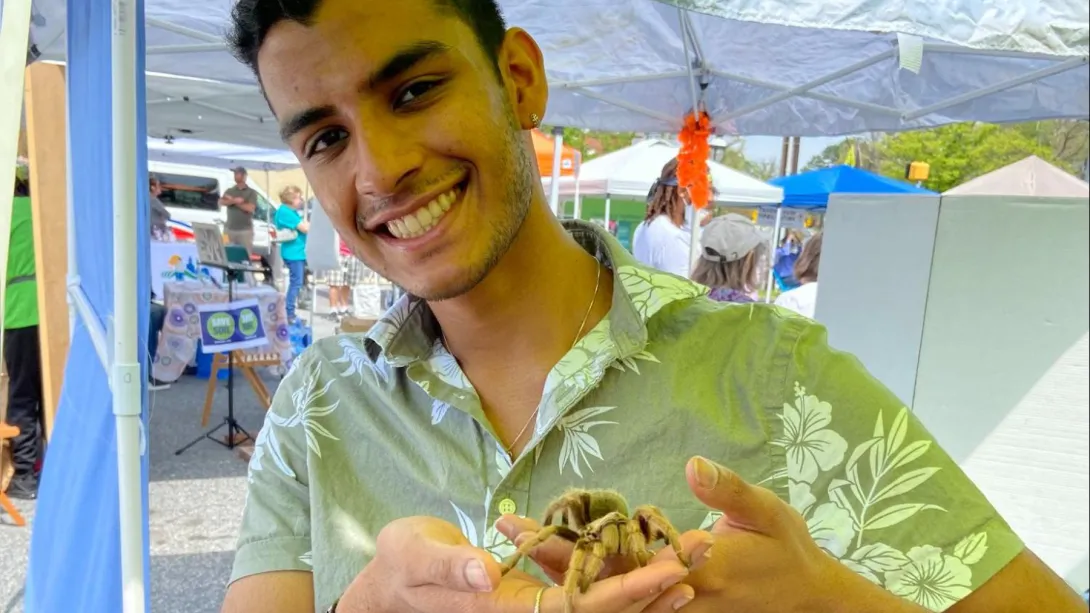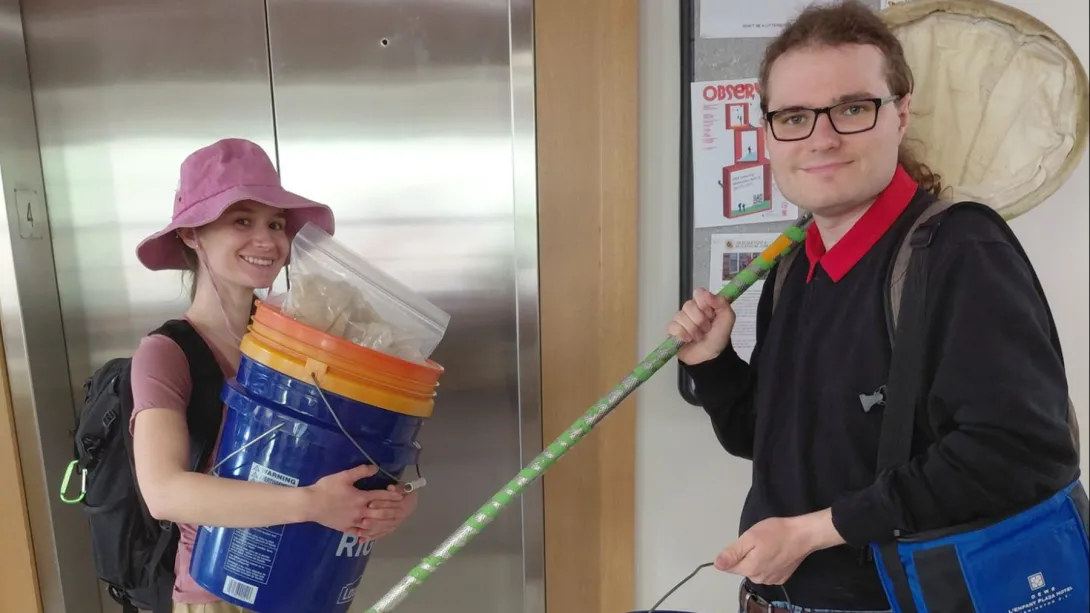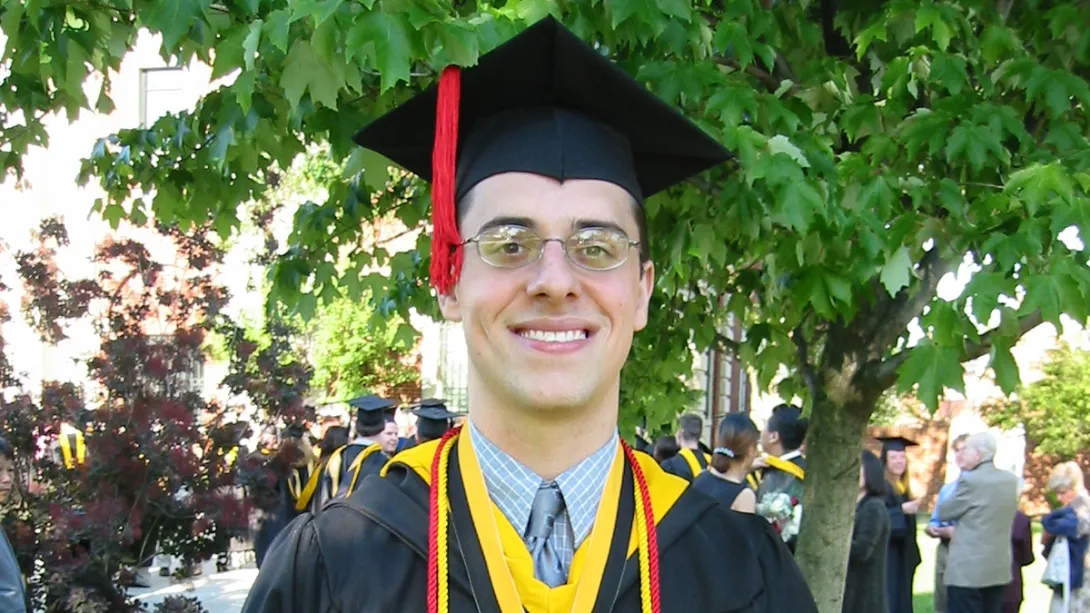Honors Program
The Entomology Honors Program provides an excellent opportunity for undergraduates to do a research thesis and receive honors certification in Entomology on their diploma. Entomology represents the study of insects at all levels of biological hierarchy, from genes to ecosystems, as well as the ecological and evolutionary processes that sustain them. Beneficial insects, such as pollinators, natural enemies, and decomposers, play crucial roles in maintaining sustainable conditions through their contributions to ecosystem services. In contrast, injurious insects, including pests of humans, crops, and structures, must be managed appropriately for the health and well-being of humankind without harming the environment. We encourage students who desire active engagement with research and scholarship to consider joining our department.

